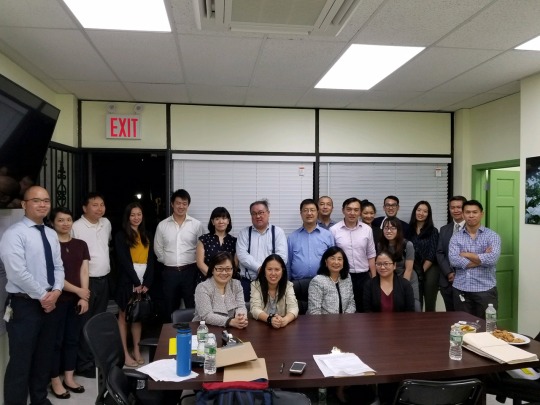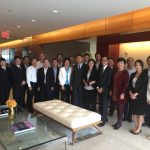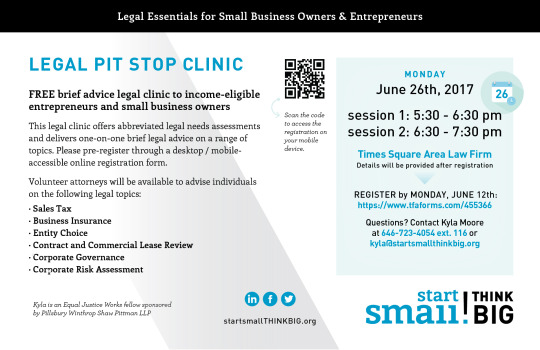For Immediate Release
March 13, 2017
For More Information, Contact:
Brett Schuster, Communications Manager
bschuster@napaba.org, 202-775-9555
WASHINGTON — The National Asian Pacific American Bar Association (NAPABA) filed an amicus brief in State of Hawaii v. Trump to support Hawaii’s challenge to President Trump’s March 6, 2017, revised executive order barring individuals from six Muslim-majority countries and refugees from entering the United States.
Filing just before midnight on March 7, Hawaii became the first state to challenge the revised order and the U.S. District Court for the District of Hawaii agreed to hear the case on an expedited schedule. Judge Derrick K. Watson will hear oral argument on the State’s motion for a temporary restraining order on March 15, the day before the revised order is to take effect.
“I look no further than NAPABA’s mission to underscore the imperative for NAPABA to file its own amicus brief on this very issue. The new executive order is no less invidious than its predecessor,” said NAPABA President Cyndie M. Chang. “Asian Pacific American communities historically have been excluded and restricted in immigration and naturalization policies and have experienced the tragedy of forced incarceration during WWII. We understand first-hand the harms that this kind of discrimination will inflict upon Muslim and refugee communities. We will not forget this particular anti-immigrant history, and we are compelled to share our historically-based legal perspectives with the Court.”
NAPABA’s amicus brief describes decades of statutory exclusion of citizens of Asian and Pacific Island countries under early U.S. immigration law, including the Chinese Exclusion Act of 1882 — the first federal law to ban a group of people on the basis of their race. The Civil Rights Era marked a dramatic turning point that saw Congress dismantle nationality-based discrimination with the Immigration and Nationality Act of 1965. The brief explains that presidential discretion in the area of immigration and refugee admission, while broad, is limited by statute. NAPABA argues that President Trump’s revised order, motivated by anti-Muslim purpose, violates the unambiguous prohibition on discrimination established by Congress.
“I thank the many members of the NAPABA legal community who supported NAPABA’s drafting and filing of this expedited brief,” continued Chang. “Particular thanks goes to our pro bono counsel at McDermott Will & Emery LLP and pro bono local counsel at Alston Hunt Floyd & Ing for their leadership on this important brief.“
NAPABA recognizes lead counsel, James W. Kim, a NAPABA member and partner at McDermott Will & Emery LLP, in Washington, D.C., Mr. Kim’s team (Mark Calaguas, David Gacioch, Andrew Genz, Matthew Girgenti, Emre Ilter, Neha Khandhadia, Philip Levine, Riley Orloff, Sara Raaii, Joshua Rogaczewski, Amandeep Sidhu, and Michael Stanek), and NAPABA Amicus Committee chair, Professor Radha Pathak of Whittier Law School, for their leadership drafting the brief, which also involved the efforts of NAPABA staffers. NAPABA is represented by local counsel Pamela W. Bunn and John Rhee, with the support of William Kaneko, of Alston Hunt Floyd & Ing in Honolulu, Hawaii.
Read the amicus brief here.
Read the March 6, 2017, statement of NAPABA and the South Asian Bar Association – North America, joined by 14 affiliates, against the revised executive order.
For more information, the media may contact Brett Schuster, NAPABA communications manager, at202-775-9555 or bschuster@napaba.org.
The National Asian Pacific American Bar Association (NAPABA) is the national association of Asian Pacific American attorneys, judges, law professors, and law students. NAPABA represents the interests of almost 50,000 attorneys and approximately 75 national, state, and local Asian Pacific American bar associations. Its members include solo practitioners, large firm lawyers, corporate counsel, legal services and non-profit attorneys, and lawyers serving at all levels of government.
NAPABA continues to be a leader in addressing civil rights issues confronting Asian Pacific American communities. Through its national network of committees and affiliates, NAPABA provides a strong voice for increased diversity of the federal and state judiciaries, advocates for equal opportunity in the workplace, works to eliminate hate crimes and anti-immigrant sentiment, and promotes the professional development of people of color in the legal profession.
To learn more about NAPABA, visit www.napaba.org, like us on Facebook, and follow us on Twitter (@NAPABA).






